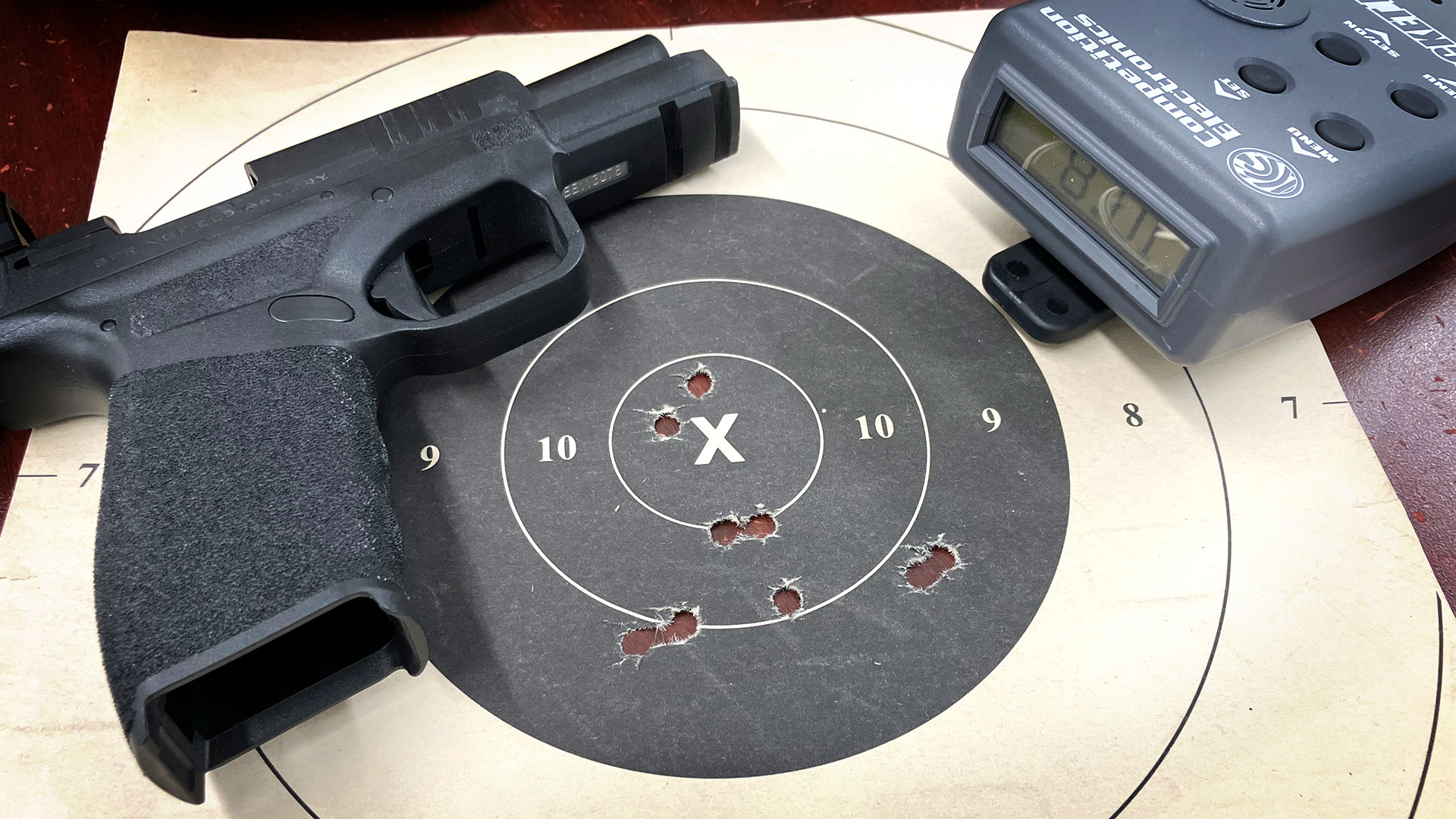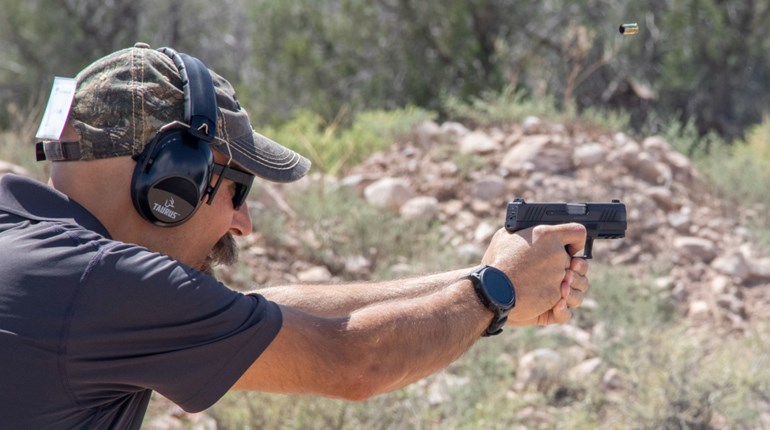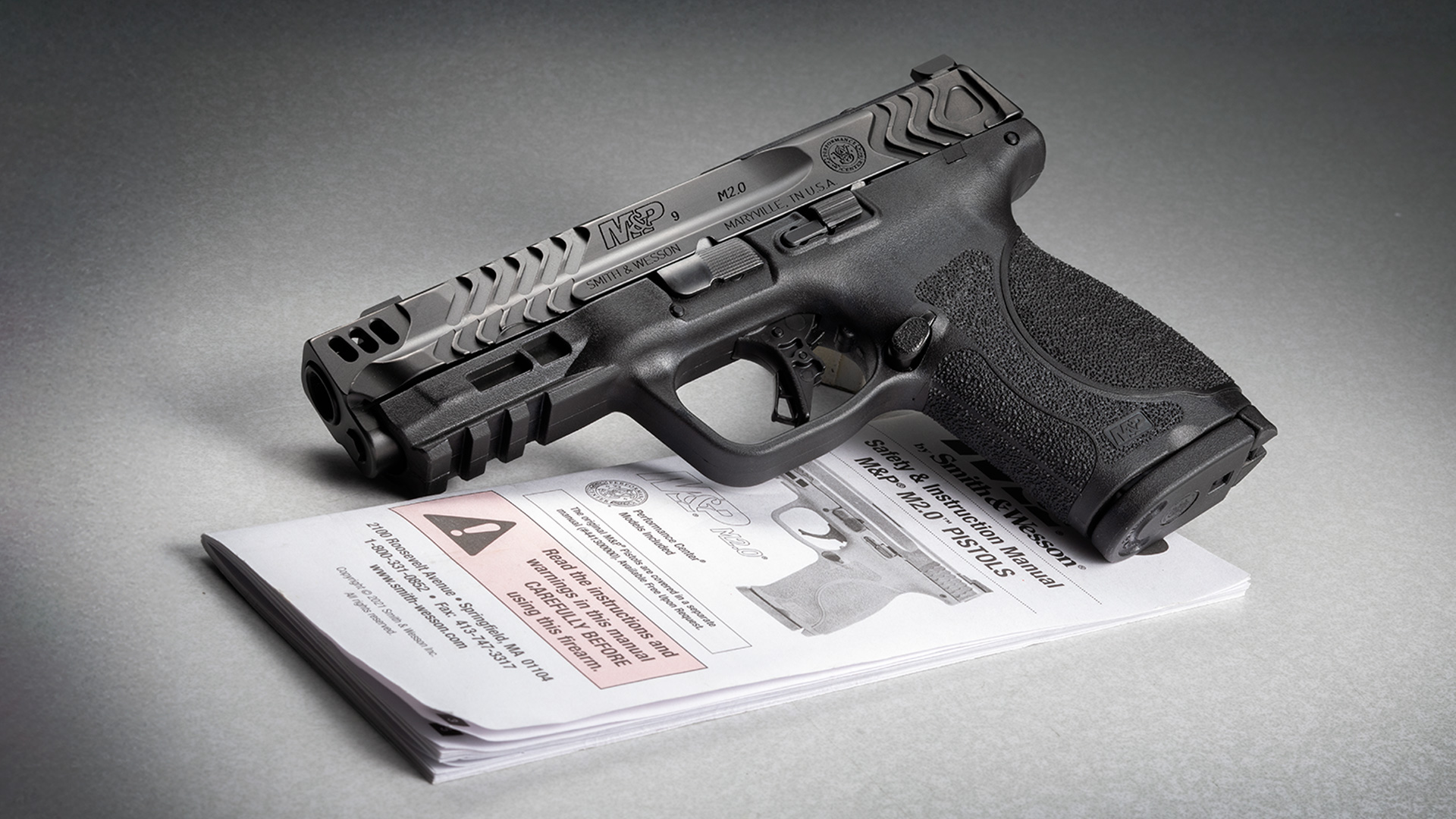
The holy grail of mastery and undisputed heavyweight for success in any skill development is consistency. Whether improving your shooting performance, pursuing sports, playing an instrument, learning a new language, or engaging in any other skills-based activity, developing consistency is essential to mastery.
The importance of consistency and its role in achieving excellence requires no introduction. However, learning how to unlock your full potential is achieved through the power of consistency. It is the foundation of improvement and mastery and ensures that you continuously progress, building on prior knowledge and experience, ultimately leading to the achievement of your goals.
Consistency in practice is essential for all measurable skills development. Regular practice allows you to build on existing skills, refine techniques, and work on your weaknesses. Consistent effort in this same direction, over time, helps you internalize the intricacies of your chosen discipline, leading to a deeper understanding and improved performance.
When you practice consistently, you develop habits that support your growth in the activity. These habits become ingrained and serve as a foundation for further improvement. The more consistently you practice, the stronger and more effective your habits become, making it easier to achieve your goals.
Consistency builds familiarity, competence and confidence.
As you invest time and effort into developing your skillset, you start to see measurable success, progress and improvement. This, in turn, reinforces your belief in your abilities and motivates you to continue pushing forward.
Developing consistency requires a deliberate, strategic approach. Here are five strategies to help you cultivate consistency in your pursuits:
Set Clear, Attainable Goals
Having clear and attainable goals is the first step in developing consistency. Break down your long-term goals into smaller, more manageable milestones, and establish a plan for achieving them. Ensure that your goals are realistic and tailored to your current skill level, allowing you to maintain motivation and focus.
Create a Schedule and Stick to It
Developing a consistent practice routine is critical for success. Set aside dedicated time for practice, and establish a realistic and attainable schedule that works best for you. Aim to practice at the same time each day, as this helps create a sense of routine and fosters discipline.
Prioritize Quality Over Quantity
While it's important to practice regularly, the quality of your practice is just as important. Focus on engaging in deliberate practice—identifying specific areas for improvement and working on them in a focused manner. This approach ensures that your practice sessions are productive and contribute to your overall growth.
Monitor Your Progress
Keeping track of your progress is an effective way to maintain consistency. Regularly assess your on-demand performance, learn from your errors and revel in your successes. This practice not only helps you stay motivated but also provides valuable insights into areas that may require additional focus and improvement.
Stay Flexible and Adapt
While consistency is crucial, it's also important to remain flexible and adaptable. Life can throw unexpected challenges your way, and it's essential to be prepared to adjust your routine and goals accordingly. Staying open to change and adapting your approach as needed can help you maintain consistency in the face of obstacles.
Looking at a few real-world examples of consistency in various disciplines, highlight its importance in achieving mastery.
Legendary Olympic swimmer Michael Phelps is a prime example of consistency in action. His unwavering commitment to training and practice enabled him to become one of the most decorated Olympian of all time. Phelps maintained a rigorous training schedule, swimming approximately 80,000 meters per week, which included multiple training sessions each day. This level of consistency led to his incredible success in the pool.
World-renowned cellist Yo-Yo Ma attributes his extraordinary career to consistent practice and dedication. Throughout his life, he has committed to daily practice sessions, often spending hours perfecting his technique and exploring new musical compositions. This consistency has allowed him to become one of the most celebrated and respected musicians of our time.
The most decorated competition shooter in the history of the sport, seven-time world champion Rob Leatham, has fired well over one million rounds throughout decades of deliberate practice, and exemplifies the power of consistency in overall performance shooting.
The consistent efforts of these stellar on-demand performers have empowered them with competency, confidence and performance repeatability when called upon.
Consistency is the keystone of success in any discipline, whether it be shooting, sports, music, language learning, or any other skill-based pursuit.
By establishing clear goals, creating a dedicated practice routine, prioritizing quality over quantity, monitoring progress, and remaining flexible and adaptable, you can cultivate consistency.
The path to mastery is not a straight line, but rather a series of consistent steps, each contributing to your overall growth and development. Stay committed, stay consistent, embrace the journey and your dedication will pay off in the end.




































